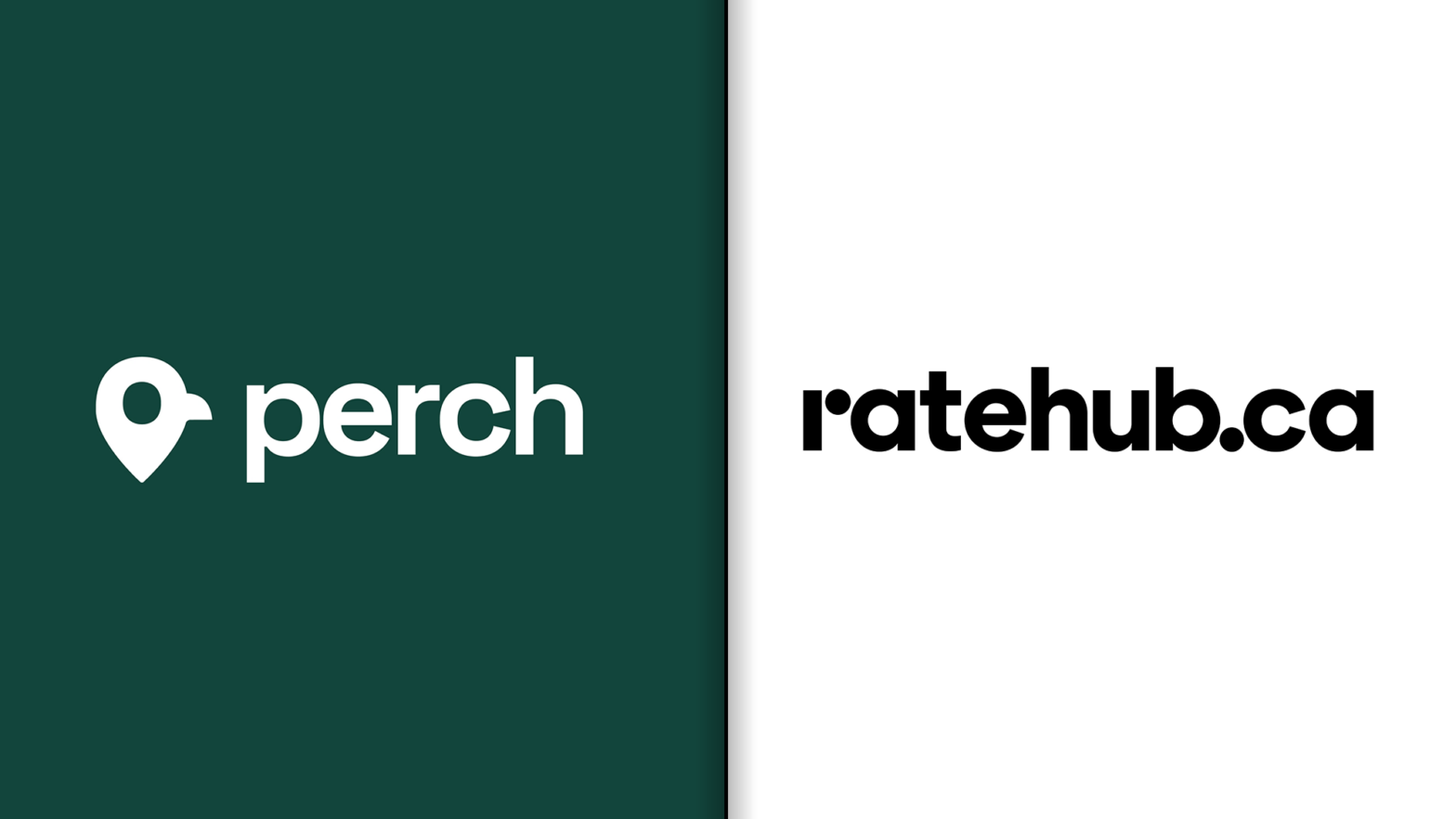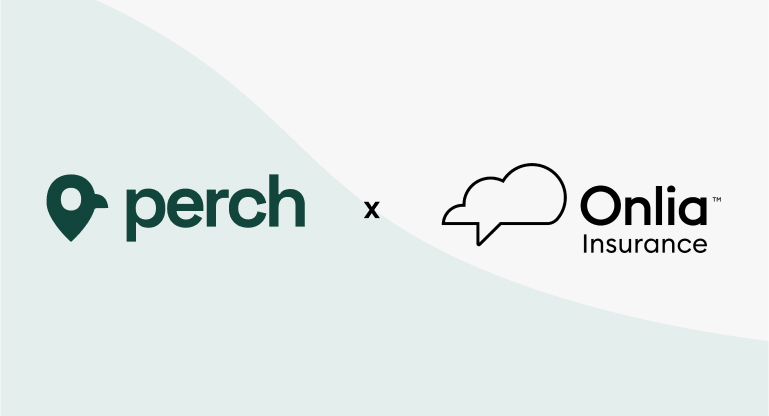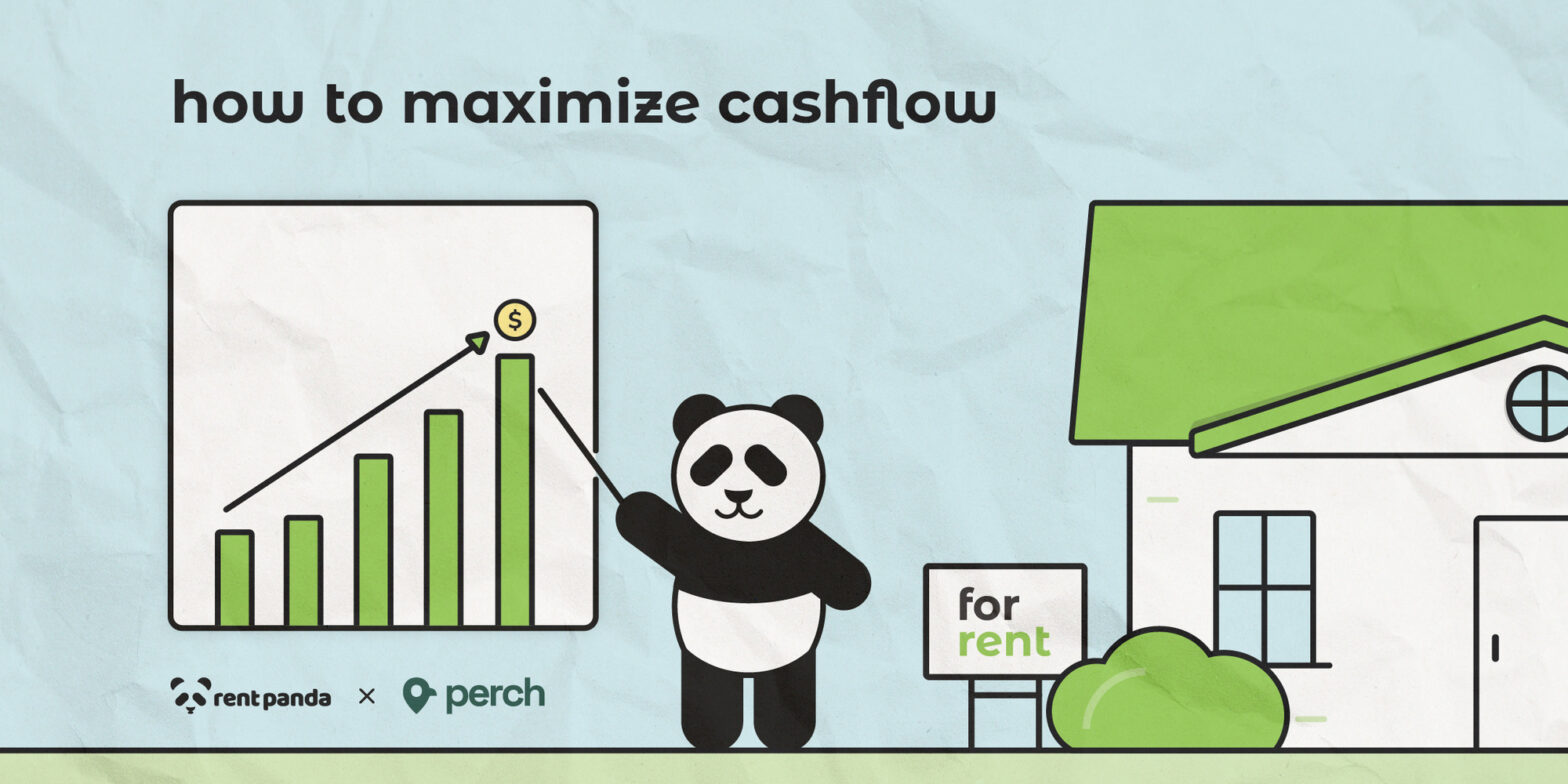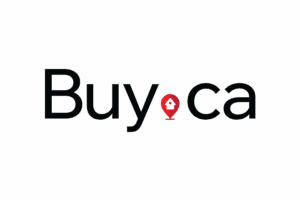Alex Leduc, CEO of Perch, recently sat down with Darrell Keezer from CandyCast to talk about what it’s like to grow a company, while facing the business impacts of the COVID-19 pandemic. You can read the transcript or start listening below.
Darrell Keezer: Welcome to Season 2 of the CandyCast podcast. I’m Darrell Keezer, CEO of Candy Box Marketing. During this season, I’ll be interviewing CEOs from various industries that grew rapidly during the pandemic. I’ll be trying to find out how they rose to the top while many of their competitors shut their doors. Grab your favorite candy. Sit back and enjoy.
In today’s episode, I’m going to be interviewing Alex Leduc, from Perch. During the pandemic. He went from five employees to 14 employees, and crossed the $1M revenue threshold.
Darrell Keezer: First off, thanks so much for coming to the show today. I’m really, really excited to hear your story. You know, we met online on LinkedIn and we had our first conversation. I was just blown away with what you guys are doing in your growth and so for the audience, it would be great to introduce yourself and your company and talk about what Perch does.
Alex Leduc: Thanks for having me. It’s awesome to be here. My name is Alex, and I’m the Founder and CEO of Perch. We’re a homeownership real estate ecosystem. We effectively help Canadians do two things. The first one, which is top of mind for a lot of people, is getting into their first home and helping them find the fastest way to get there. And the second one is actually helping them build wealth through real estate after they buy their home.
Darrell Keezer: Awesome. You know the marketer in me says, if I am looking to buy a home and I’m looking at advertisements and TD and RBC and CIBC are all saying the same things, like—‘Hey, we’re gonna help you into your home. We’re going to help you build wealth.’ How are you guys different?
Alex Leduc: Great question. So 60 to 70% of Canadians will typically go to their bank and like, they just look at one mortgage option. We operate as a brokerage model, so we actually have access to 25 lenders.
They all have different products, but we’ve built an optimization algorithm that essentially looks at what is specific to each person’s situation, and then figures out where you should go and what you can do. And essentially, we can cut three year buying time horizons down to, let’s say, six months or even less, since in some cases you might not meet one bank’s lending requirements but you could meet those requirements at another lender.
Darrell Keezer: So your value proposition is you have the technology that helps people find the right solution based on their situation. It’s not like you’re a broker representing only one or two options. What do you build, is it like a platform? Is it within a website? What does that look like for me as a consumer?
Alex Leduc: Yeah, it’s a web app. It’s all online, it’s a fully digital experience, and we use the technology and the analytics to help guide you through the process. But then we also have our mortgage advisors that are there to reinforce and help you through that process as well.
Darrell Keezer: I mean, this has got to be a very popular thing because home ownership and first time buyers, it’s a massive thing within Canada, within the GTA, and housing affordability, right? You hear about it in the news every single day. It makes sense. In leading your company, what have you seen your platform do for people that a bank couldn’t do?
So if you’re saying, ‘Hey, here’s a case study of how somebody got into the market where they were not able to before.’ What does that look like? It’s not like there’s some magical loan out there, or like, I don’t even know what it looks like. What types of options or situations do you see that are very unique to your platform?
Alex Leduc: So I can think of a couple examples offhand. Let’s say, you have an insufficient credit score. This is somebody whose credit score was a bit damaged during the COVID-19 pandemic.
They took on a lot of debts, to essentially cover the shortfall. They had a job loss for a period of time, so they racked up a bit of debt. We actually have some lenders that offer a cashback product so you can clear out those debts.
So in a normal situation, if you go to your mortgage lender and they say, ‘Your debts are too high, you don’t qualify on the ratios.’ But, if you pay out the debts, then there is enough capacity for you to then qualify. So we were able to take her from what was about $350,000, which is what the bank told her she qualified for, and we got her up to about $550,000 and she was able to buy a condo. She’s there now, and couldn’t be happier.
Another situation is somebody with not a lot of income on paper. It’s very common among self-employed individuals to not fully pay out their business earnings. With certain net worth programs, with some of our lenders, we’re able to use a lot of the liquid assets that they already own outside of just their income, to increase some of their buying power.
So we have somebody who could buy instead of a $400,000 mortgage, they could get up to, like $800,000 or $1.2M.
Darrell Keezer: So your technology really looks at all the variables of a person, then it’s taking a look at all the different options and marrying them up, right?
As opposed to a normal mortgage broker, that has a particular profile that they’re really good at working with. Here’s a couple lenders that I know have these programs, you’re actually expanding all their options so that you can look for new stuff. That’s really cool.
Alex Leduc: Yeah, the traditional way of doing it is someone will go through the same checklist of things and then go through all the lender products, and really do this manually. We have access to 25 different lenders, and we have access to over a thousand mortgage options.
Since each lender has so many different products and variables, our system will optimize those options immediately. So now you’re actually able to get all these insights as a user, within two minutes, without having to talk to anybody. Then the broker or your mortgage advisor helps you solidify the plan you’ve chosen.
It immediately gets you thinking about all things that were possible. Because a lot of people are pretty pessimistic about ever achieving home ownership. But we’re able to open the door and go, ‘You know what, this is actually a pretty realistic target that you have,’ and then getting them to think about it, locking down a plan and taking action on it.
Darrell Keezer: Unbelievable. Well, I think that offering is a bit of a spoiler alert as to why you guys are growing. I mean that’s just an incredible idea. Now, tell me about the beginning of the pandemic and how that hit you. I remember incorrectly stating that as soon as the pandemic hit, I was like you know what, everything is going to kind of lock up. We’re gonna see houses lose, I think they were saying at the time, 15 to 20% of their value and that there is going to be an issue with lending. I was thinking, people aren’t going to be getting into homes. It was almost like everything just paused. Tell me how that impacted Perch.
Alex Leduc: Yeah, I mean, everybody is a really good investor with hindsight, right? But I don’t think anybody could have predicted the last year and a half that we’ve had in housing. It was on fire, like, way more than anybody thought. The first part of the shock was that, as soon as it hit, there was an overwhelmingly pessimistic view on housing across the country. To your point, there was like 15% to 20%, even some estimates of 40% to 50% price declines on the way, that kind of thing.
So purchase volumes kind of fell off a cliff, and it wasn’t just because of market pessimism. It was actually reinforced by the technology gaps that a lot of people then found themselves in. You had realtors who had never used virtual showings, you had lenders who had never had to set up remote working for their staff.
That caused giant friction points all across the process. You had appraisers who couldn’t come into the property, and things like that. So when you’ve got a process, that’s usually already a bit lethargic, that’s made chaotic, then it turns people off away from that process. When you take all of that, what we saw is that purchase volumes fell off a cliff, like, in the first three, four months in early 2020 and that really kind of made us go, ‘Oh, okay.’ So we were gonna really focus on purchase volumes initially. But then we found that wasn’t at all where the market was. So we shifted our efforts, to focus on different revenue streams. What we found is when the housing market took a turn, market rates went way lower for renewals.
So we had an overwhelming amount of demand for people going, ‘Hey, should I break my mortgage and get a new rate?’ We also had a huge demand for refinances for two reasons. So some people refinance to cover, let’s say, any job losses. So you can access the home equity to carry you through until your next job. A lot of people took a more bullish view than the general market, and refinanced their home to have that pot of cash ready to buy an investment property when the opportunity presented itself. And a lot of people did, and got in what arguably, as we know now is a really good price in early to mid-2020 and then kind of rode it out on the way up.
So we saw a complete change from before, when we were 70:30 purchase, refinance/renewal, and now it kind of flipped to 30:70, where we were able to make up revenue streams through there.
Darrell Keezer: So for your business, did you dip at the beginning and then recover quickly? What was that time scale looking like for you?
Alex Leduc: Yeah, so typically the purchase sales cycle, as it’s called, typically takes about three months. Actually, three to four months roughly. So you pre-approve someone. It usually takes about a couple months to find a house, and then it takes another 60 to 90 days to close.
Due to that, we were focusing on purchases, but they just weren’t there at the beginning of the year. So there was a four to five month period where it was a bit slower, just because we didn’t have purchase volumes coming in. By the time we were able to ramp up our efforts to focus on the partnerships, on the renewals and the refinance side, and also steer and change some of our features to proactively engage with consumers around, ‘Hey, you could save this much money if you switch your mortgage,’ or ‘You have this much equity available in your home? Did you need to access it?’ Then it came back really quickly. So by the second half of 2020, we were already well ahead of where we were last year.
Darrell Keezer: Tell me about your growth. What has the last two years looked like for Perch?
Alex Leduc: So at the end of last year, we were about five people. Today we’re 14 people so it’s been crazy. From a full time, employee standpoint, we’ve had a lot of demand. And that’s caused us to ramp up a lot of things on the product side, the engineering side.
So as a tech company, we’ve scaled up all parts of our product development so we can increase the velocity to capitalize on what we think are a tremendous amount of opportunities out there. From a revenue standpoint, we’ve been able to grow more than 200% year-over-year.
So we’re on track this year to crack our first $1M in revenue as a new company. We couldn’t be happier with how things are going right now, which is just a lot of good momentum that we’re cruising through.
Darrell Keezer: That’s awesome. I mean, I’ve heard this a number of times before where people speculate and say, ‘Well, that’s amazing, Alex, right place, right time.’ And you just did well. But I never find that to be real, right? Like you’ve got real software, you’ve got real services, you’ve got demands, especially in the housing market, like everything is service and time-based. You can’t really mess that up, you’re messing up people’s futures in that case, how do you do it?
Alex Leduc: To your point, it’s totally true. We didn’t just wake up that day and we’re like, ‘We need software.’ This is a three and a half year old company, so we were already building towards a model that we thought was going to go fully digital. So the home buying process, the mortgage process.
We just knew that eventually we would get there. Where luck plays in is the fact that it accelerated how much people wanted to go there, how quickly they wanted to go there. So not just the user, who was now much more open to digital options than before, but every other involved party.
So the realtor who typically relies on a traditional model, now needed a digital alternative because that’s all they were kind of stuck with. Even today, you still have properties going off the market in one day, two days, three days. We’re able to turn pre-approvals around in 20 minutes and then, a lot of other lenders or alternatives, are taking like three to five days.






